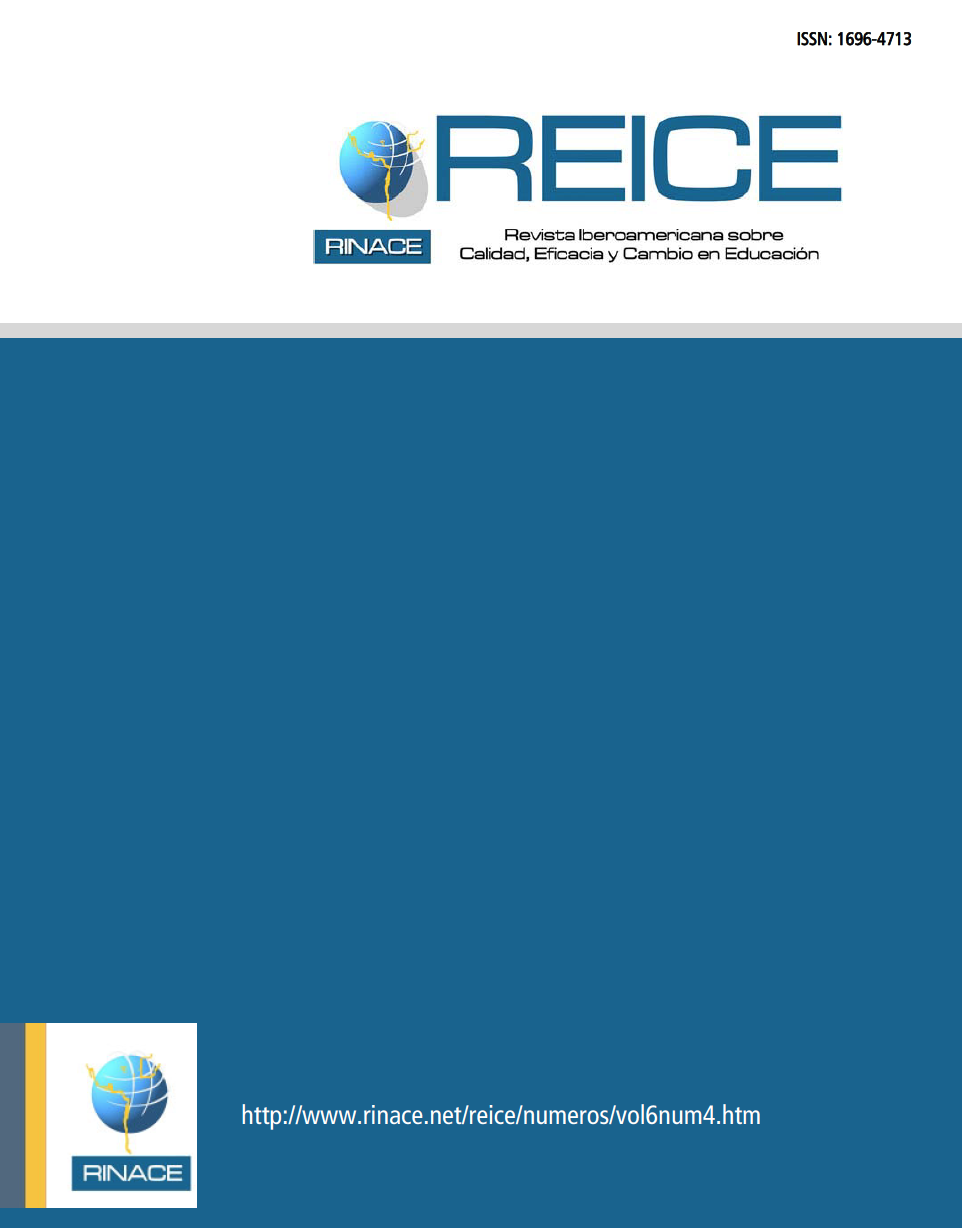Keywords:
School management, school administration, leadership, autonomy, Portugal.Copyright (c) 2018 REICE. Iberoamerican Journal on Quality Effectiveness and Educational Change

This work is licensed under a Creative Commons Attribution-NonCommercial-NoDerivatives 4.0 International License.
Abstract
Before the revolution in 1974, Portuguese schools were ruled by a director (or rector) who was appointed by the minister of education based on criteria of political trust. Then, in the two years which followed the revolution, there was a period of “self-management” of the school.
Nowadays, at most of the Portuguese public secondary schools, the school manager is seen as a first among equals since the school management is not held by a single person body, but by a council composed by teachers of the school. Lately, there has been an increasing protagonism of the municipalities, which became active elements in the local educational policy with the reorganization of the schools due to the growing importance that is given to autonomy and decentralization. On the other hand, in the Portuguese school system the schools’ evaluation - both self-evaluation and external evaluation - has moved forwards and backwards, in a clear lack of strategical meaning and of a coherent and sustained policy.
The Portuguese educational system, thus, is confronted with issues, which are the result of the schools’ lack of autonomy, of the management model, which limits decision-making at the school’s level, and of the lack of external consulting.
